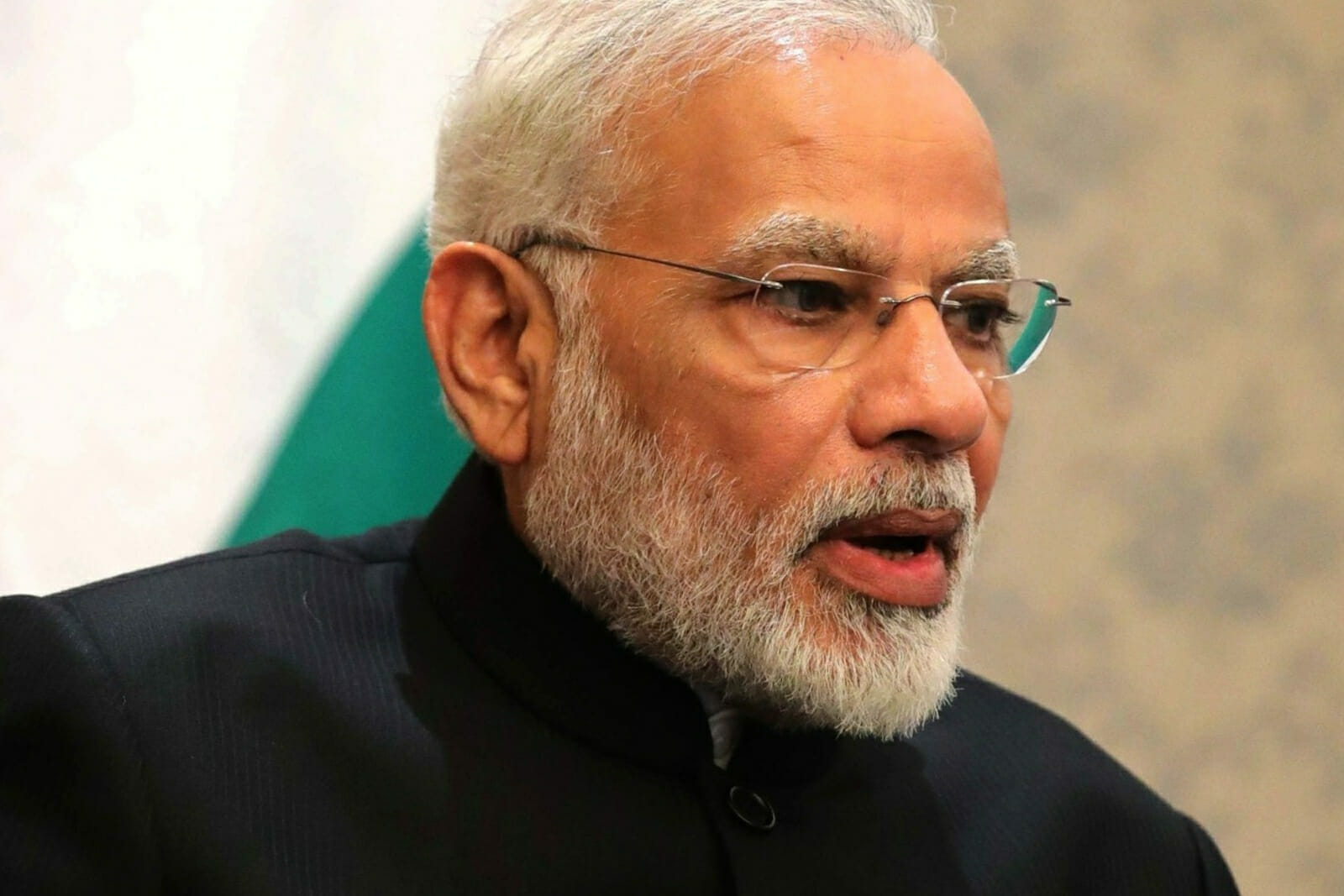
Fear of Minority Persecution Looms Large with India’s New Anti-terror Law
Ever since the Bharatiya Janata Party, India’s right-wing and ultra-nationalistic party, was voted into power with Narendra Modi as prime minister in 2014, a dark shadow of fear has hovered over religious minorities in India. Among the total population of 1.3 billion people, 79.8 percent are Hindus while Muslims, Christians, and Sikhs make up 18.2% of the total population. Since 2014, as a stream of violence and lynchings mostly targeting Muslims began, this looming fear has become a reality. According to a 2018 report by The Guardian, hate crimes have skyrocketed under Modi’s watch. Videos of frenzied mobs attacking vulnerable Muslims, often asking them to chant praises for Hindu Gods, have frequently gone viral. When these incidents are filmed on mobile phones and later circulated on messaging platforms like WhatsApp they have gone viral.
After Modi’s Hindu nationalist government retained power with a thumping majority in the recent national elections, the fear among minorities escalated. Now, as the Indian Parliament approved new amendments to an anti-terror bill, many see this as another attempt at persecuting Muslims and other minorities. This new law will empower India’s federal anti-terror police, the National Investigative Agency, to declare individuals as terrorists based merely on accusations.
“I opposed the amendments to the UAPA Bill in the Lok Sabha today. The bill is not only draconian but will also be a tool to stifle not only the minorities but all voices of dissent,” tweeted Asaduddin Owaisi, a member of Parliament who has been an outspoken critic of this law. “When there is a seizure of property, where is judicial scrutiny? You are violating federalism. How can NIA take state property? That is a violation,” said Owaisi in his speech in Parliament.
Journalist Rana Aayub reiterated a similar stance saying that the list of Muslims incarcerated under current terror laws who have been acquitted decades later is a long one and this has often led to the destruction of many lives and their families who have had to wear the tag of ‘terrorists.’ “Lok Sabha passes changes to UAPA to allow government to declare individuals as terrorists. Nightmares of post 92 India,” she tweeted.
Interestingly, when the debate around this new law was beginning, four Muslim youths who were earlier arrested on accusations of their involvement with ISIS were exonerated due to a lack of evidence. They are supposed to walk out of prison after six months of incarceration.
On the other hand, Amit Shah, India’s Minister of Home Affairs, assured that the new law will not be misused and it’s only aim is to root out terrorists. Speaking in Parliament, Shah said it is important to empower law enforcement agencies to stay one step ahead of the terrorists.
In his first speech after being reelected as prime minister, Narendra Modi promised to protect the rights and interests of all minorities. This perhaps brought a token of respite for minority communities but one can’t turn a blind eye to the epidemic of hate crimes and persecutions. Back in February, 11 Muslim men were acquitted of terrorism charges after spending 25 years in prison. Human Rights Watch in its February 2011 report had elicited the details of arbitrary detention and torture by the authorities to forcefully evoke confessions from suspects.
There is a certain level of fear in India at the moment, and the onus lies with the prime minister to protect minorities. So far the picture is extremely gloomy. The U.S. report on religious freedom released in June has highlighted India’s failure to check the menace of crimes against Muslims and other minority groups. Inflammatory speeches by lawmakers and ruling party politicians have become a new normal. Irreparable damage has already been done and the fabric of India’s secularism is under attack. Action must be undertaken against the perpetrators of hate crimes in India regardless of who is targeted.

